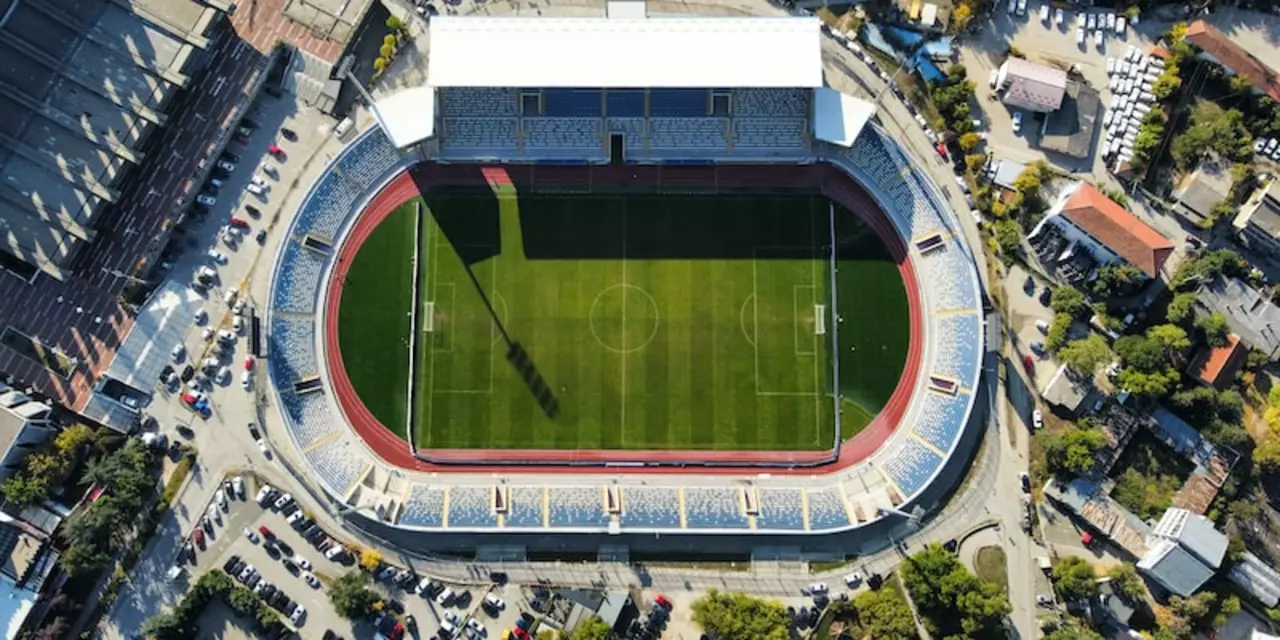Corruption in Football – What It Means for Fans and the Game
Corruption shows up in football in lots of ways – from match‑fixing to bribery, from shady transfers to hidden ownership. It’s not just headline drama; it changes ticket prices, player careers, and the trust we all have in the sport. If you’ve ever wondered why a game felt off or why a club suddenly got a big cash windfall, you’re probably looking at the same shady practices that keep popping up across the UK and beyond.
Understanding corruption starts with knowing the most common forms. Match‑fixing is the classic example: a player, coach, or official deliberately influences a result for money. Bribery can happen during referee appointments, where a supplier offers cash to get favorable calls. Then there are illegal transfer deals, where agents hide fees or clubs pay under‑the‑table amounts to secure a player. Even club ownership can be murky, with hidden owners using shell companies to avoid taxes or to push political agendas.
Common Types of Corruption
Match‑fixing often involves betting syndicates that pay players or officials to sway a game by a single goal, a corner, or a yellow card. These deals are usually low‑profile but can ruin a season’s integrity. Bribery of referees or league officials might look like a dinner invitation, but the goal is the same – to tilt decisions in favor of a club or sponsor.
Transfer fraud is another big one. A club might pay an agent a “consultancy fee” that’s actually a kickback to a third party. This inflates player prices and hurts smaller clubs that can’t compete with hidden cash flows. Finally, hidden ownership means a club’s public face is a front for another party. This can lead to money laundering, tax evasion, and decisions that prioritize profit over community values.
How Fans Can Spot and Fight Corruption
Fans have more power than you think. Start by watching the odds. If a low‑ranked team suddenly gets huge bets on a specific result, that’s a red flag. Look for patterns – repetitive controversial calls by the same referee, or a club that suddenly spends beyond its means. Transparency reports from the FA and the Premier League can also reveal irregularities in club finances.
Speaking up matters too. Many leagues now have whistle‑blower hotlines for players, staff, and fans. If you suspect something, you can report it anonymously. Supporting clubs that publish clear ownership structures and financial statements also pushes the whole industry toward honesty.
In the end, corruption thrives on secrecy. By staying curious, questioning odd moves, and backing transparency, you help keep football fair for everyone. The next time you hear a rumor about a fixed match, use these tips to see if there’s any truth behind the talk.
So, keep an eye on the game, ask questions, and don’t let shady deals ruin the sport you love.
Why do people say FIFA is bad for soccer/football?
FIFA is the governing body of international soccer, or football. Many people believe that FIFA has not done enough to promote the game and combat corruption. They argue that FIFA has become too focused on money and profits, and that this has corrupted the game. They also point to FIFA's failure to properly manage the World Cup and other international tournaments, as well as its lack of transparency and accountability. Additionally, FIFA is often accused of not doing enough to support grassroots football and its development in poorer countries. In sum, many people think that FIFA has done more harm than good for the beautiful game.
